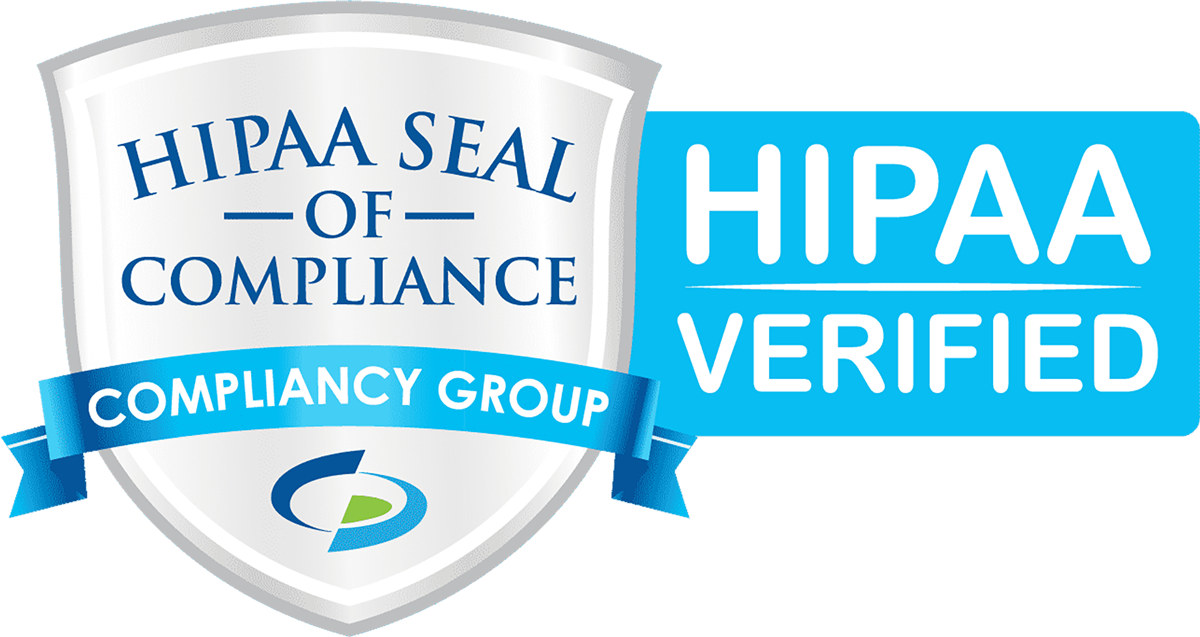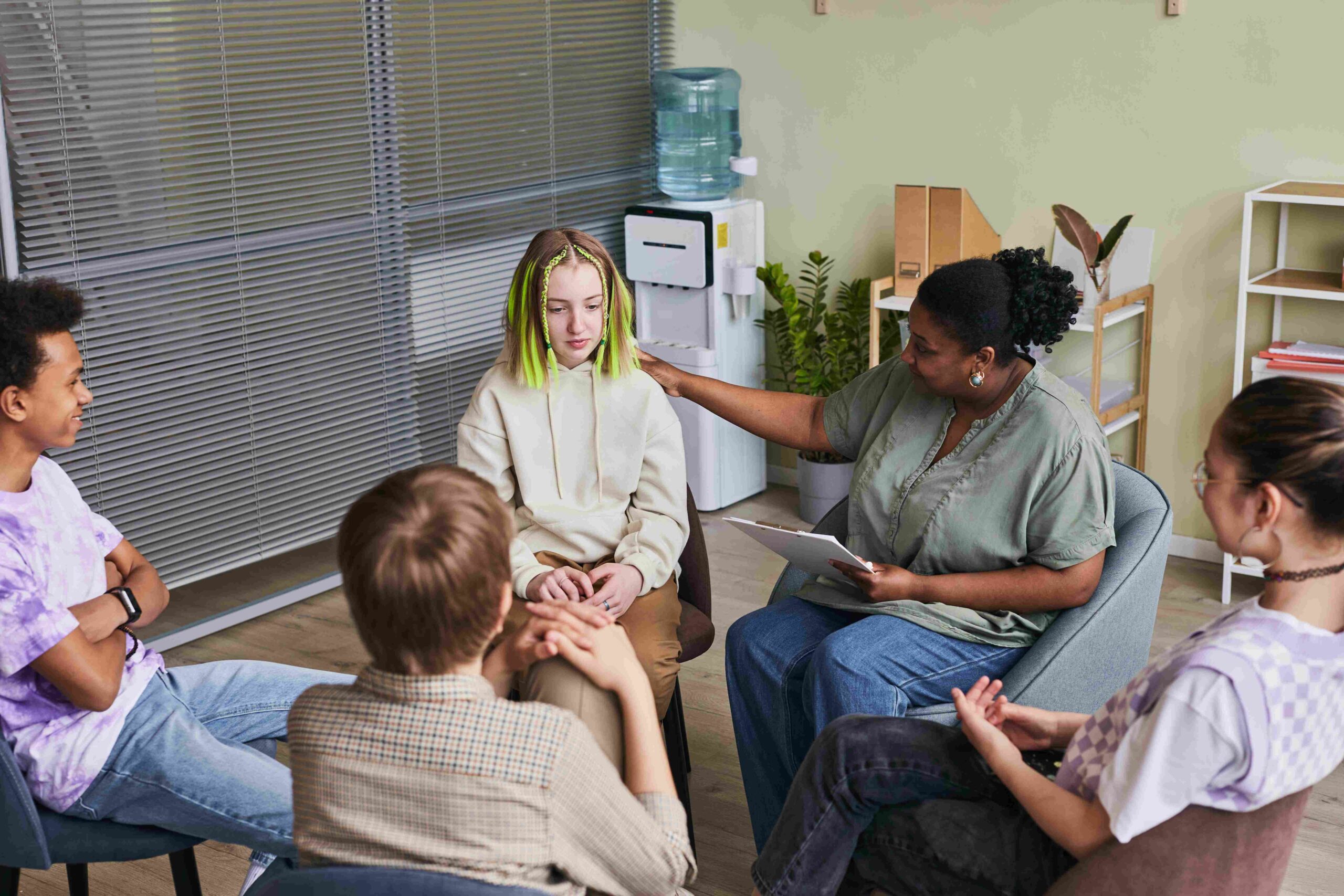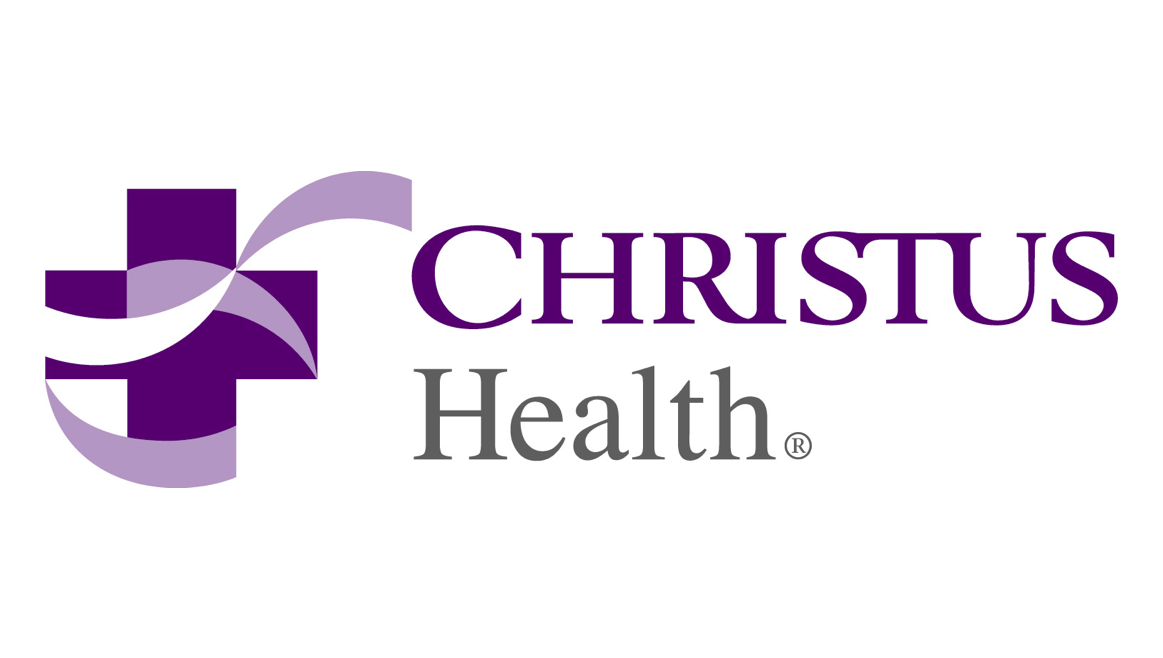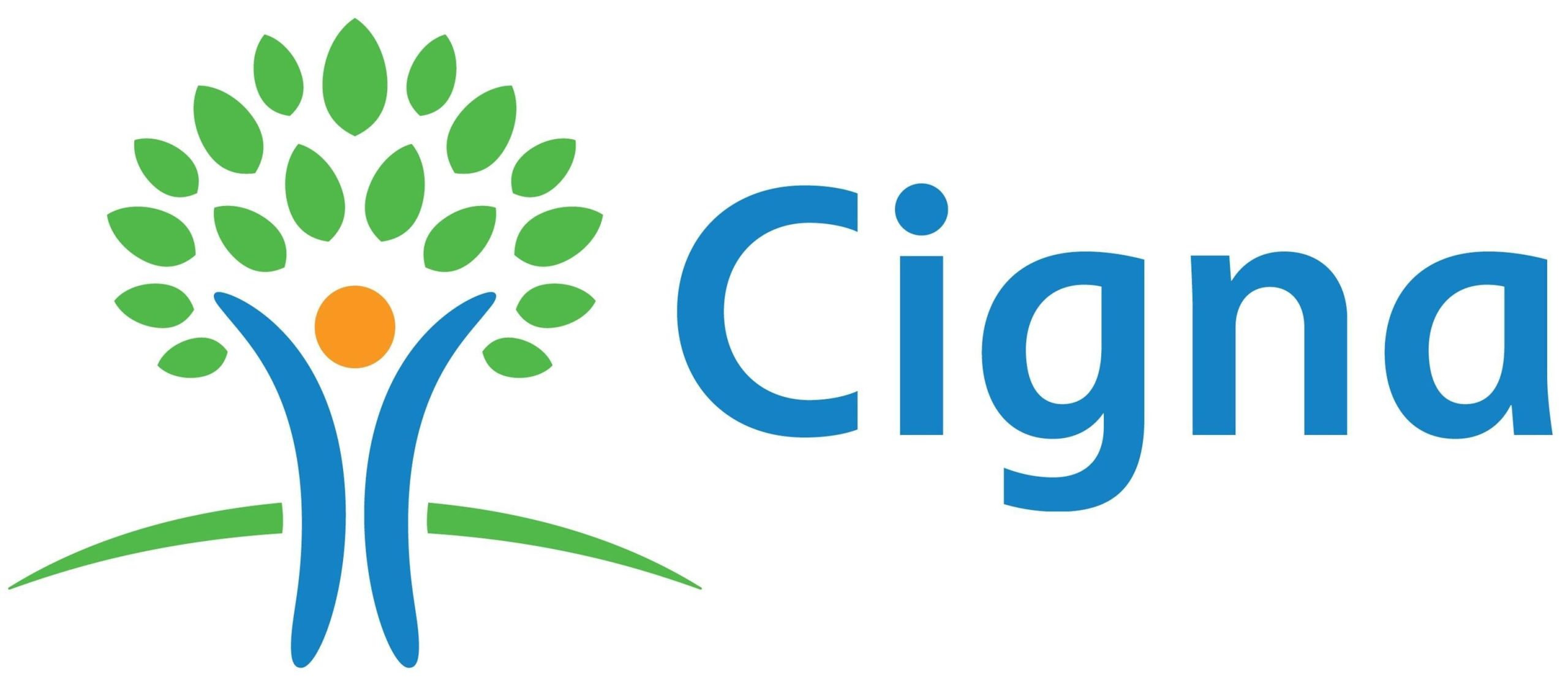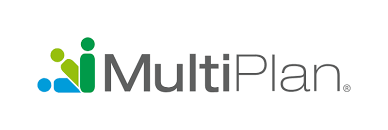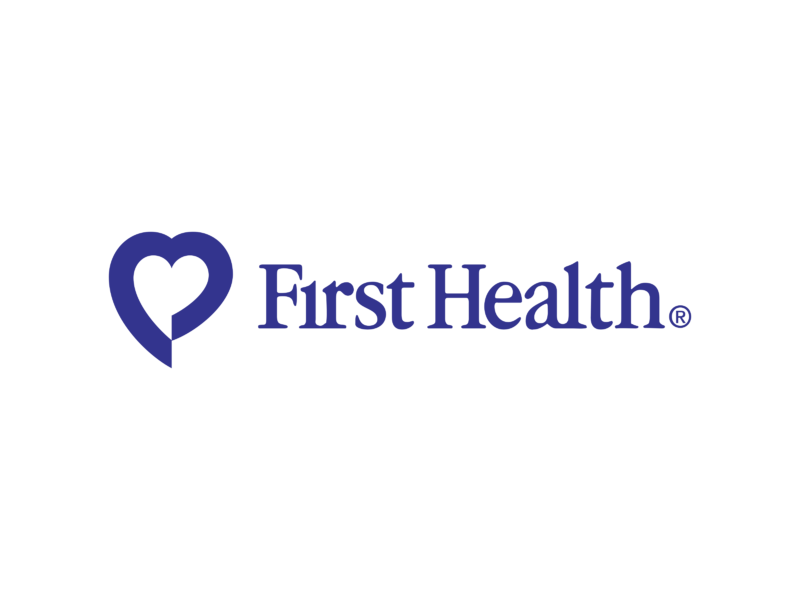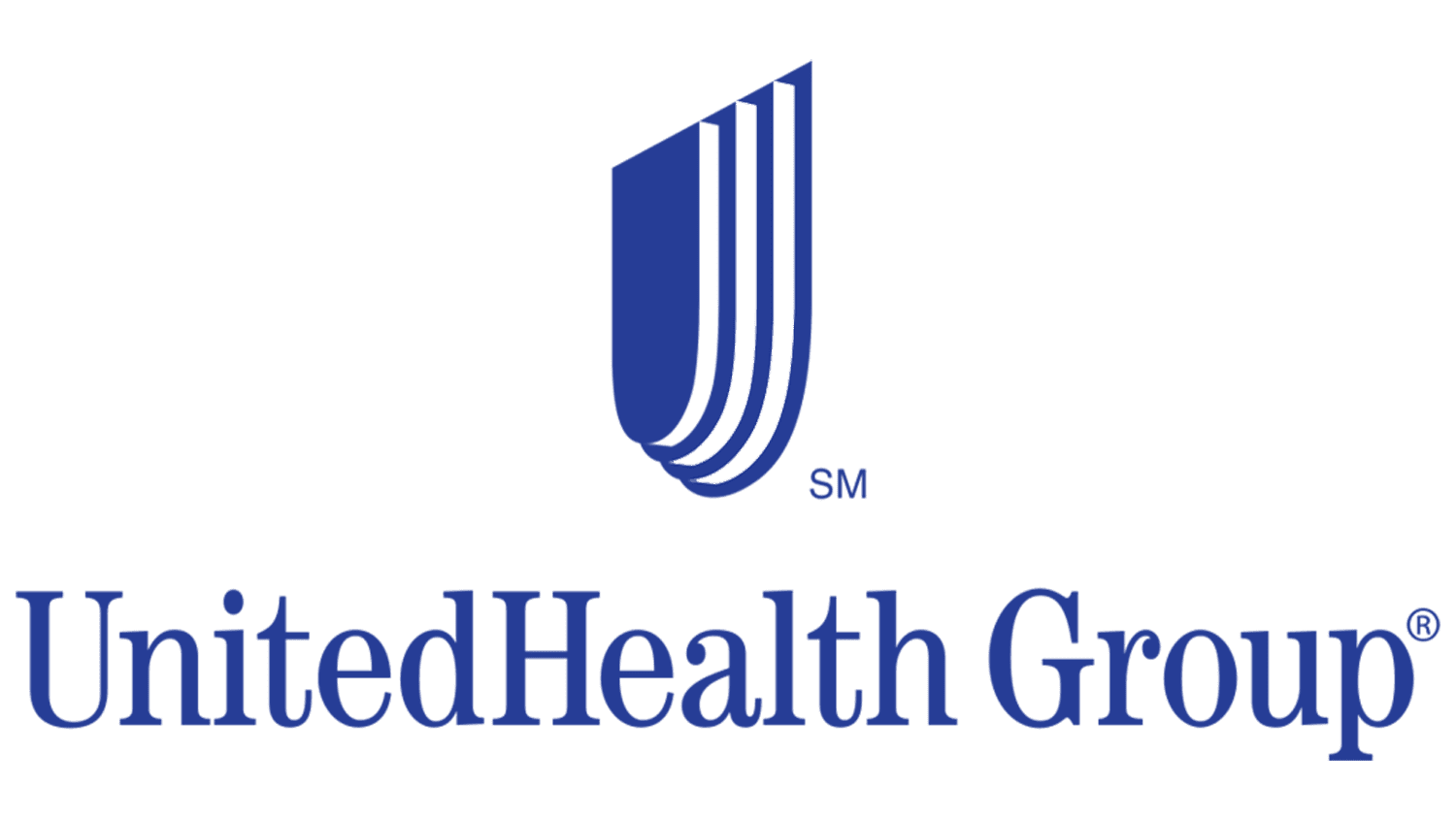Understanding Schizoaffective Disorder
Schizoaffective disorder is a complex mental health condition that affects how individuals think, feel, and behave. It includes a combination of schizophrenia symptoms and mood disorder symptoms. At the Bright Path Program, we prioritize comprehensive care for mental health and substance abuse treatment needs, including tailored approaches for schizoaffective disorder.
Symptoms and Diagnostic Criteria
Schizoaffective disorder is marked by a mix of schizophrenia symptoms, such as hallucinations and delusions, and mood disorder symptoms like depression, mania, and hypomania. Symptoms must be present for a significant portion of at least a two-week period before a diagnosis can be made.
| Category | Symptoms |
|---|---|
| Psychotic Symptoms | Hallucinations, Delusions, Disorganized Thinking |
| Mood Disorder Symptoms | Depression, Mania, Hypomania |
Schizoaffective disorder significantly impacts one’s ability to function in work, school, or social settings if left untreated, potentially leading to isolation and loneliness.
Types of Schizoaffective Disorder
There are two main types of schizoaffective disorder, defined by the predominant mood disorder symptoms:
- Bipolar Type: Features episodes of mania with or without depressive episodes. This type is characterized by heightened energy, euphoria, and possibly irritability.
- Depressive Type: Features major depressive episodes, including persistent feelings of sadness, hopelessness, and lack of interest in activities.
| Type | Symptoms |
|---|---|
| Bipolar Type | Mania, with or without Depression |
| Depressive Type | Major Depression |
Schizoaffective disorder tends to develop during early adulthood and is more common in women than men, affecting about 1 in 200 people at some point in their lives.
Early diagnosis and a combination of treatment approaches, including medication and psychotherapy, are critical. Our customized treatment plans integrate evidence-based therapies such as cognitive behavioral therapy and dialectical behavior therapy to support long-term recovery and improve quality of life for individuals with schizoaffective disorder. For more details on our treatment services, visit our page on the Bright Path Program.
Treatment Approaches
At Bright Path Program, we offer comprehensive treatment approaches for schizoaffective disorder. Our holistic methods ensure that individuals receive optimal care tailored to their specific needs.
Medications for Schizoaffective Disorder
Medication is a cornerstone of effective schizoaffective disorder treatment. Our tailored medication regimens include:
- Antipsychotics: These are used to manage psychotic symptoms such as delusions and hallucinations.
- Mood Stabilizers: Important for those with the bipolar type of schizoaffective disorder to control manic and depressive episodes.
- Antidepressants: Effective in managing depressive symptoms for individuals with the depressive type of schizoaffective disorder.
| Medication Type | Function |
|---|---|
| Antipsychotics | Manage psychotic symptoms |
| Mood Stabilizers | Control manic and depressive episodes |
| Antidepressants | Manage depressive symptoms |
Psychotherapy for Symptom Management
Talk therapy, or psychotherapy, is essential in managing the symptoms of schizoaffective disorder. Our evidence-based psychotherapies include:
- Cognitive Behavioral Therapy (CBT): Helps individuals identify and change negative thought patterns.
- Dialectical Behavior Therapy (DBT): Combines mindfulness and emotional regulation.
- Radically Open Dialectical Behavior Therapy (RO-DBT): Focuses on enhancing flexibility and social connectedness.
Our psychotherapy sessions aim to improve daily functioning, enhance emotional regulation, and foster better coping strategies. For a deeper dive into our therapeutic methods, visit our section on psychotherapy for symptom management.
Hospitalization and Crisis Support
In severe cases, hospitalization may be required to ensure safety and stabilization. Our program offers various levels of care to meet acute needs:
- Partial Hospitalization Program (PHP): Provides intensive treatment while allowing individuals to return home at night.
- Intensive Out-Patient Program (IOP): Suitable for those who need structured support without full hospitalization.
| Program Type | Description |
|---|---|
| PHP | Intensive day treatment, go home at night |
| IOP | Structured support without full hospitalization |
| Crisis Support | Immediate assistance for severe symptoms |
We understand that each individual’s journey is unique, and we are committed to providing the best possible care tailored to their specific needs. You can learn more about our comprehensive care options for schizoaffective disorder on our [transitional-independent-living] page.
For further resources and information on managing schizoaffective disorder, please refer to our articles on depression treatment and cognitive behavioral therapy.
Comprehensive Care at Bright Path Program
At Bright Path Program, we believe in providing comprehensive and personalized care for individuals dealing with schizoaffective disorder. Our program focuses on a holistic treatment approach that includes tailored medication regimens, evidence-based psychotherapy, and supportive skills training.
Tailored Medication Regimens
Medications are a cornerstone in the treatment of schizoaffective disorder. At Bright Path Program, we design individualized medication plans that may include antipsychotics, mood stabilizers, and antidepressants (Cleveland Clinic; Mayo Clinic). These medications are crucial for alleviating psychotic symptoms, stabilizing mood, and managing depression.
| Medication Type | Purpose |
|---|---|
| Antipsychotics | Alleviate psychotic symptoms |
| Mood Stabilizers | Stabilize mood |
| Antidepressants | Treat depression and anxiety |
We continuously monitor and adjust these regimens to ensure optimal effectiveness and minimize side effects.
Evidence-Based Psychotherapy
Therapy is an integral component of our treatment plan. We offer a range of psychotherapy approaches tailored to the individual needs of our clients. These therapies include:
- Cognitive Behavioral Therapy (CBT)
- Dialectical Behavior Therapy (DBT)
- Radically Open Dialectical Behavior Therapy (RO-DBT)
- Family Therapy
These therapeutic methods aim to help individuals better understand and manage their symptoms, improve their coping strategies, and enhance their overall mental health (Cleveland Clinic; Mayo Clinic).
Supportive Skills Training
Supportive skills training is vital for helping individuals manage their daily lives more effectively. Our program offers specialized training that focuses on:
- Self-Care Techniques
- Social Skills Development
- Vocational Training
- Stress Management
These skills are essential for improving self-sufficiency and enhancing quality of life (Cleveland Clinic).
| Training Focus | Benefit |
|---|---|
| Self-Care Techniques | Enhances daily living skills |
| Social Skills | Improves interpersonal relations |
| Vocational Training | Increases job readiness |
| Stress Management | Reduces anxiety and stress |
Incorporating these elements into a comprehensive treatment plan, Bright Path Program aims to offer the best possible support for those dealing with schizoaffective disorder. Explore more about our day programming and partial hospitalization program on our website.
Factors Influencing Treatment Success
For individuals dealing with schizoaffective disorder, effective treatment can significantly improve quality of life. Several factors play an important role in achieving successful outcomes. Here, we explore two critical aspects: early diagnosis and intervention, and the importance of long-term treatment.
Early Diagnosis and Intervention
Timely diagnosis and treatment of schizoaffective disorder are vital for avoiding frequent relapses and hospitalizations. Early identification can lead to positive outcomes, reducing the impact of symptoms such as hallucinations, delusions, mania, and depression (Cleveland Clinic).
Responding quickly allows for the development of a comprehensive treatment plan, including tailored medication regimens and evidence-based psychotherapy. We offer specialized services for individuals with schizoaffective disorder, encouraging early intervention through our partial hospitalization program and intensive out-patient program.
| Symptom | Common Treatments |
|---|---|
| Hallucinations | Antipsychotics |
| Depressive Episodes | Antidepressants and psychotherapy |
| Mania | Mood stabilizers and atypical antipsychotics |
| Cognitive Dysfunction | Cognitive remediation therapies |
Importance of Long-Term Treatment
Long-term treatment for schizoaffective disorder is crucial for managing symptoms and preventing relapses. By adhering to a consistent treatment plan, individuals can experience stability and improved functionality. Schizoaffective disorder combines schizophrenia symptoms and mood disorder symptoms, emphasizing the need for comprehensive, ongoing care (Mayo Clinic).
Our approach at Bright Path Program involves ongoing support through various stages of recovery. We offer day programming and transitional independent living to support long-term recovery. These structured programs provide continuous monitoring and assistance, ensuring each individual remains on track.
| Treatment Component | Description |
|---|---|
| Medication Management | Regular reviews and adjustments by psychiatric specialists |
| Psychotherapy | Individual, group, and family therapy using cognitive behavioral therapy and dialectical behavior therapy |
| Skills Training | Life skills, social skills, and vocational training through supportive programs |
To achieve the best outcomes, it’s important to integrate these factors into the treatment plan. Recognizing the necessity of early diagnosis and valuing the importance of long-term care can make a significant difference in the lives of those dealing with schizoaffective disorder. For more comprehensive treatment options and strategies, explore our related offerings like bipolar disorder treatment and depression treatment.
Resources and Support for Individuals
Peer Support and Advocacy Services
Individuals battling schizoaffective disorder benefit greatly from a supportive community. Peer support and advocacy services are essential in fostering this sense of community. Engaging with peers who have similar experiences can provide emotional support and practical advice.
At Bright Path Program, we emphasize the importance of peer support. Our services include:
- Peer Support Groups: Regular meetings where individuals share their experiences and coping strategies.
- Advocacy Services: Assisting clients in navigating healthcare systems, securing benefits, and understanding their rights.
To learn how peer support can improve outcomes, visit our intensive out-patient program page.
Self-Care Techniques for Well-Being
Self-care is crucial for managing schizoaffective disorder effectively. Individuals can adopt various techniques to help maintain their mental health and well-being. These include the exploration of arts therapies such as art, music, dance, or drama therapies. Such therapies can be instrumental in expressing emotions and coping with trauma (Mind).
Some beneficial self-care techniques include:
- Mindfulness and Relaxation: Using mindfulness exercises to reduce stress.
- Physical Activity: Regular exercise to boost mood and improve overall well-being.
- Healthy Nutrition: Maintaining a balanced diet to support mental and physical health.
- Sleep Hygiene: Establishing a routine to ensure adequate and restful sleep.
We also recommend incorporating family intervention strategies, which provide support to the entire household for better management of schizoaffective disorder (Mind).
For more self-care tips, take a look at our day programming and partial hospitalization program pages.
| Self-Care Technique | Benefits |
|---|---|
| Mindfulness Exercises | Reduces Stress, Increases Emotional Regulation |
| Physical Activity | Boosts Mood, Enhances Physical Health |
| Healthy Nutrition | Supports Mental and Physical Health |
| Sleep Hygiene | Improves Sleep Quality, Reduces Fatigue |
Effective treatment of schizoaffective disorder often requires a combination of therapies and medication. Regular check-ups and a comprehensive approach can improve the quality of life for those affected.
For more detailed information on our treatment approaches, including cognitive behavioral therapy, dialectical behavior therapy, and other methods, please visit our cognitive behavioral therapy and dialectical behavior therapy pages.
We are committed to providing the resources and support needed for effective treatment and a path towards recovery.

